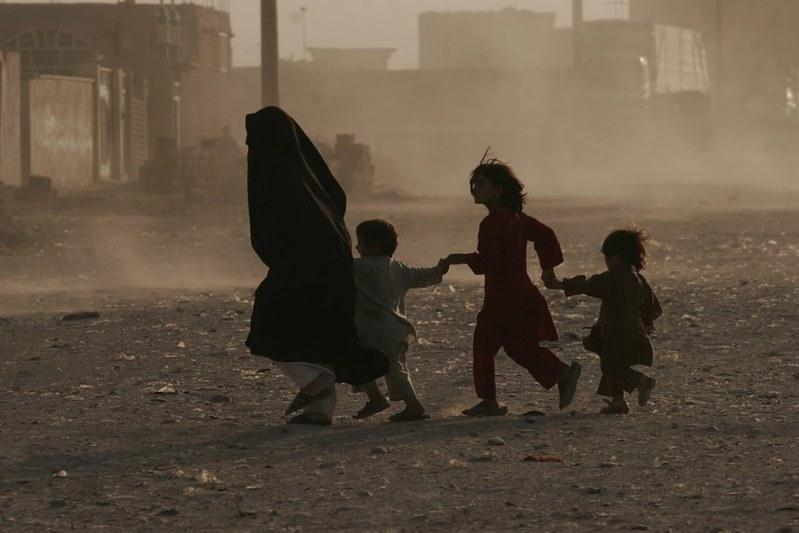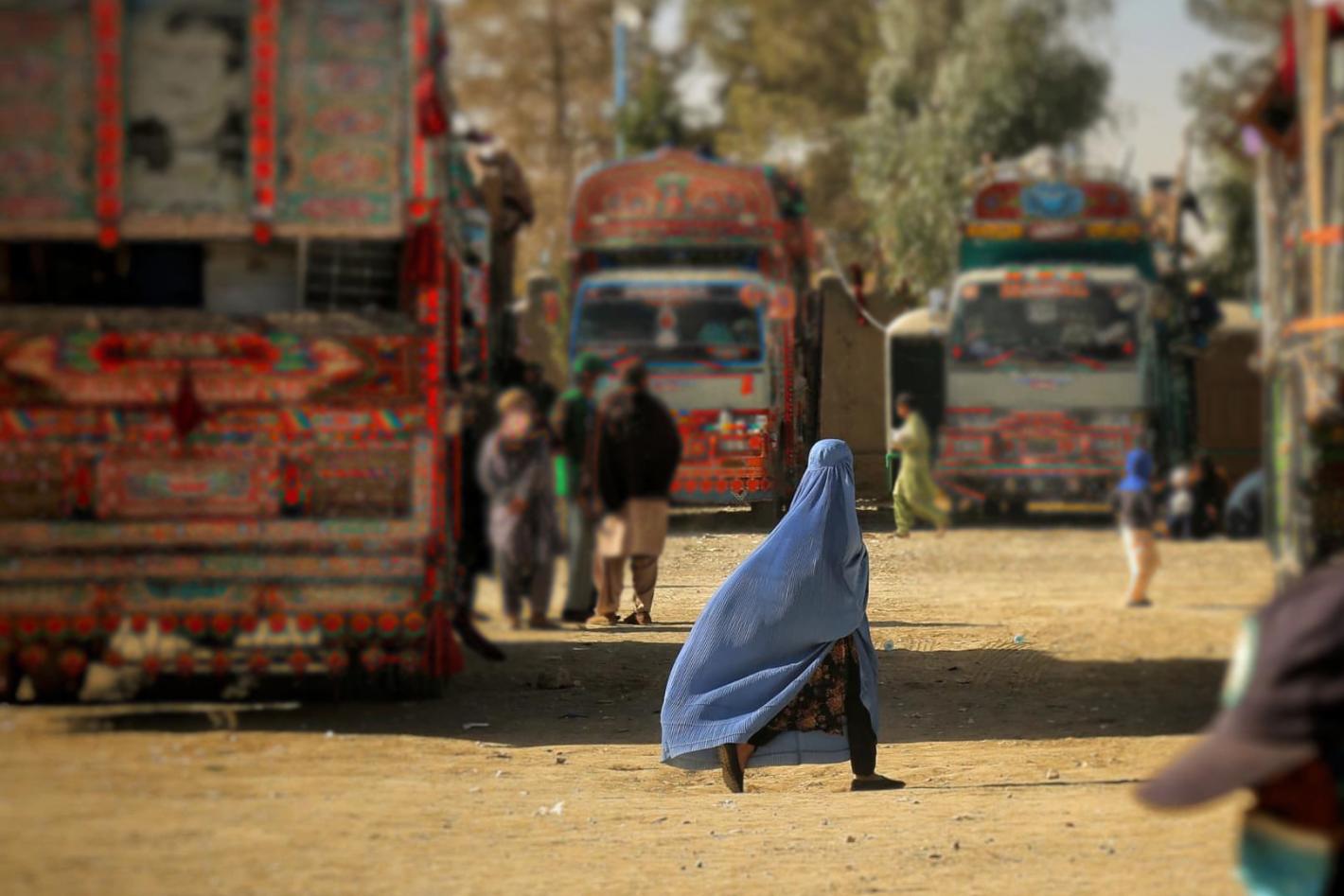KUNDUZ - Afghan women have a fundamental role to play in the ongoing peace process, which must be inclusive for the peace that emerges to be truly sustainable, said the UN’s top envoy to Afghanistan during a human rights symposium this week in the northeast province of Kunduz.
“To build and maintain peace, it is essential that both men and women are equally involved in the formulation of economic and social programmes for the development of communities; that both men and women contribute to advancing policy-making processes and political processes; and that women’s rights are further advanced so that no one in Afghanistan is left behind,” envoy Tadamichi Yamamoto told an audience of hundreds gathered at Kunduz University.
The symposium, organized under the framework of an engagement plan between Kunduz University and UNAMA’s regional office, drew more than 300 participants, including 240 students out of whom 112 were women. Other participants included civil society members, rights activists, provincial officials and journalists.
“Your presence here today symbolizes your interest and commitment in preventing further conflict, in building peace, and in ensuring that the rights of all, women and men, are respected, promoted and fulfilled,” said Yamamoto, the UN Secretary-General’s Special Representative for Afghanistan and head of UNAMA, addressing the audience alongside the head of Afghanistan’s Independent Human Rights Commission (AIHRC), Sima Samar.
In other speeches delivered at the event, including in those delivered by Governor Abdul Jabbar Naimee and Chancellor Saify Khaibar, participants expressed hope that through similar initiatives, more people, especially young women and men, will understand the pivotal contribution of women to the ongoing peace process.
Afghanistan became a Member State of the United Nations in 1946 and signed the United Nations Charter, agreeing to the precepts of promoting and encouraging respect for human rights and for fundamental freedoms for all without distinction as to race, sex, language or religion.
Afghanistan is a signatory to seven out of nine core international human rights treaties, including the Convention on the Elimination of All Forms of Discrimination Against Women. This convention, which obliges Afghanistan to ensure that women are not discriminated against in any sphere of life, is reflected in Afghanistan’s constitution, national laws and policies.
“The United Nations stands for human rights, including the principle of non-discrimination and equality between women and men, which is enshrined in many UN treaties, and Afghanistan is a party to most of them,” said Yamamoto. “We will stand by the people of Afghanistan to ensure that this principle is not compromised.”
The symposium was the second in a series of human rights seminars taking place at Kunduz University with the support of UNAMA’s regional office, the AIHRC and the Department of Women’s Affairs. The joint venture is expected to result in human rights enhancements in the curricula at the university, where some 6,000 students from across Afghanistan, among them 1,700 women, are enrolled.
UNAMA supports the Afghan people and government to achieve peace and stability. In accordance with its mandate as a political mission, UNAMA backs conflict prevention and resolution, promoting inclusion and social cohesion, as well as strengthening regional cooperation. The Mission supports effective governance, promoting national ownership and accountable institutions that are built on respect for human rights.






